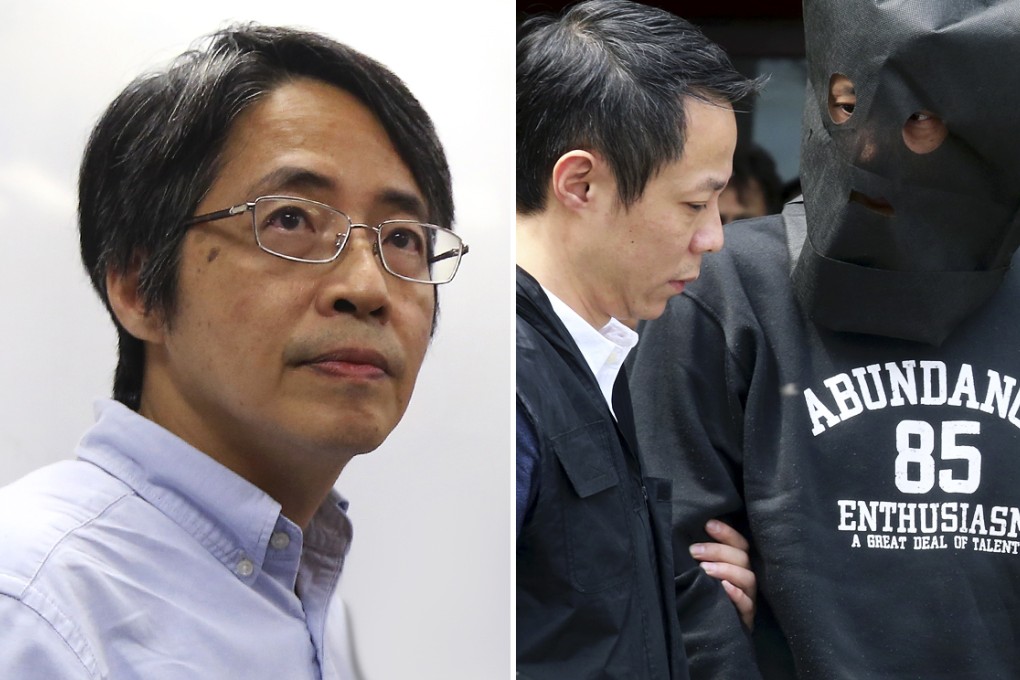Upholding rule of law: abuse of defendants no longer 'part of the job'

The recent trial of the men who attacked former newspaper editor Kevin Lau Chun-to raised the issue of police brutality on the mainland in cross-border criminal cases.
Without a fugitives surrender agreement there is little law to govern the capture and return of suspects from the mainland to Hong Kong. Important legal questions remain unclear. Do suspects enjoy Basic Law rights while being questioned by mainland officers? What are the consequences in Hong Kong if those rights are violated?
Common law rules of evidence require that a confession given to a person in authority must be proven to be voluntary to be admissible, meaning proof of the absence of threats, inducements and oppression when the statement was taken. A statement taken in Hong Kong may appear to be voluntary but can still be excluded if oppression from the mainland interrogation taints the Hong Kong investigation.
Beyond excluding confession evidence, which the prosecution may not need, are there other implications for the trial?
At one time common law courts paid little attention to police violence unless the conduct compromised the quality of the evidence or violated a defendant's right to silence. Courts now show greater concern with how cases have been pursued.
Judges have a duty to ensure "that the integrity of the judicial system is not compromised" and that the "administration of justice is not brought into disrepute" (HKSAR v Muhammad Riaz Khan). Serious police illegality or misconduct may amount to "an affront to the public conscience" and require the criminal proceedings to be judicially stayed, meaning permanently suspended (HKSAR v Lee Ming Tee).
